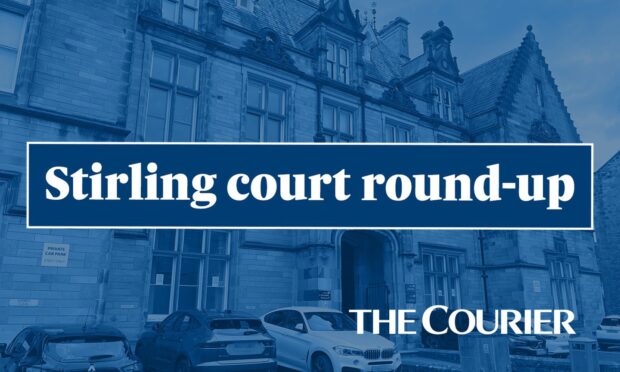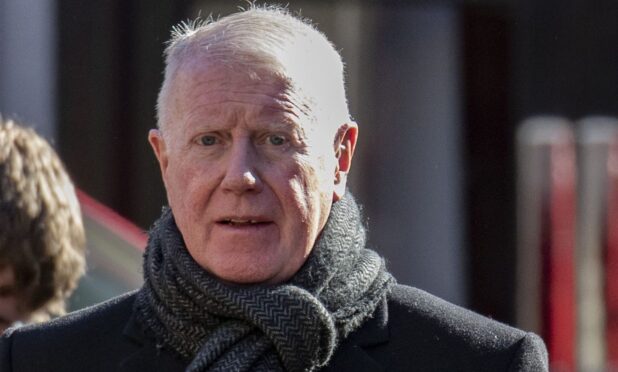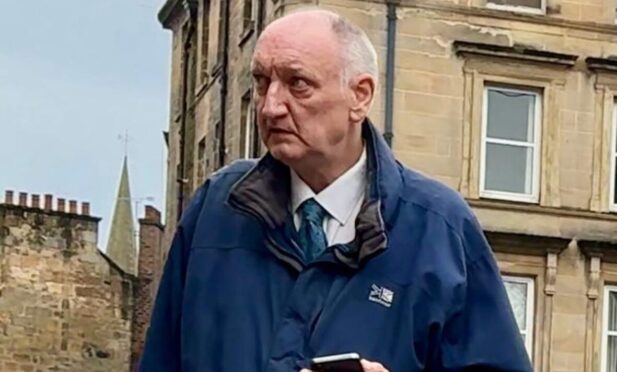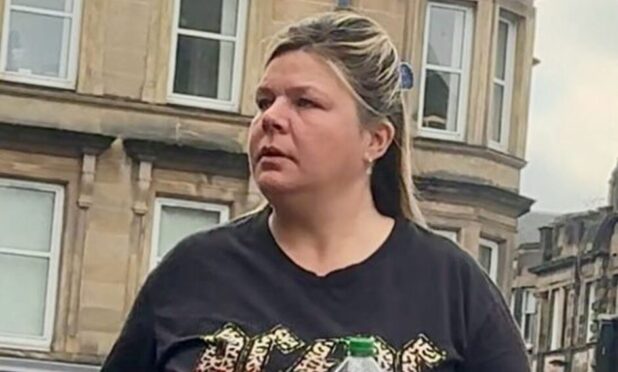Scotland’s animal welfare charity received nearly 1,000 calls in a single month from members of the public unnecessarily worried about grounded baby gulls.
The Scottish SPCA has asked people to stop calling them about fledgling gulls that have simply jumped out of their nests as part of their development.
The move comes after the charity’s inspectors responded to 919 reports of baby gulls in June alone – an increase of 447 compared with the same period last year.
The Scottish SPCA revealed it has received more than 6,381 calls to its animal helpline regarding baby birds so far this year.
In June, more than 25% of all baby bird call-outs involved grounded gulls, often wrongly thought to have been abandoned. The charity said it was perfectly normal at this time of year for fledgling gulls to jump out of their nests still unable to fly.
They assured people nestling gulls are able to feed themselves from just a day old and that their parents will generally be nearby.
A new campaign #WildlifeWise has been launched to educate the public about when they should and should not contact the charity about young wildlife. The aim is to keep parents and their offspring together, and not create orphans unnecessarily.
Mike Flynn, the Scottish SPCA’s chief superintendent, said: “We appreciate the concern from members of the public about baby gulls but most do not need our help.
“Gull parents do not feed their young as often as garden birds so you will rarely see them on the ground with their young but they will usually be close and keeping a watchful eye.
“Because of this people may mistakenly think they are abandoned.
“The baby gulls will build up muscle strength and when they are able to, they will take flight.
“Our advice to anyone who comes across a fledgling gull is to make sure it is somewhere safe, away from a main road or somewhere it might be at risk.
“Sometimes the easiest thing to do is to safely catch the gull using a towel and release it somewhere safe such as an enclosed garden or area.
“We will always attend if an animal is injured. If this is the case or if a young gull is lethargic and does not run away when approached then it will need our help and people should phone our animal helpline on 03000 999.” 999.”









